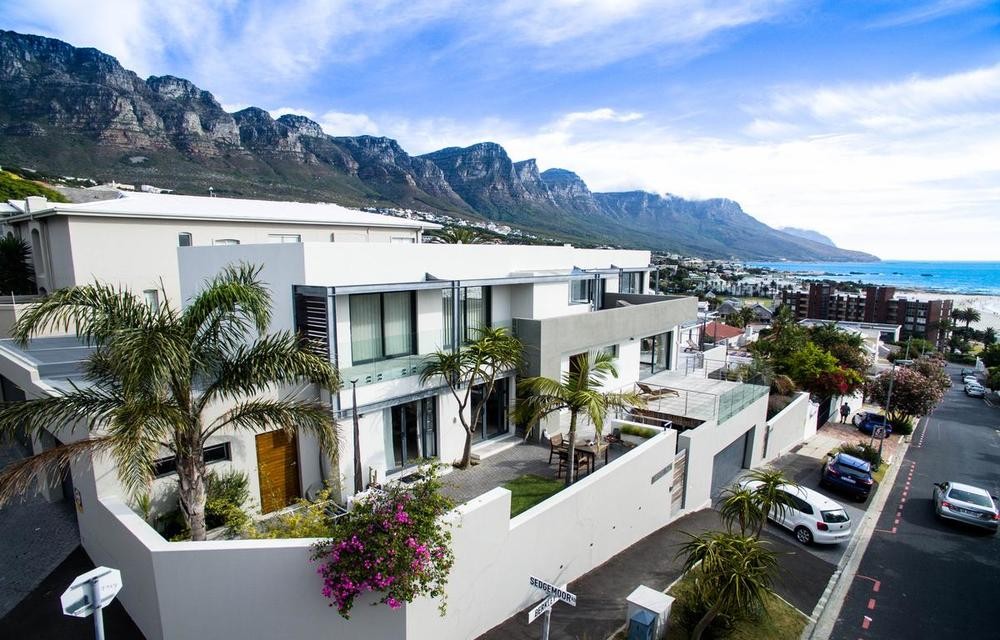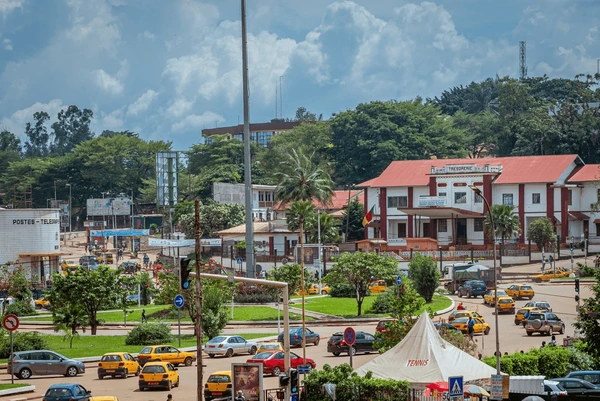South Africa, with its amazing landscapes, diverse cultures, and rich history, is one of those countries that attract tourists and expatriates alike from all over the world. From picturesque Table Mountain to the scenic beauty of the Garden Route, along with a relatively reasonable cost of living, it becomes an attractive destination in which to invest in property. Do you happen to be a foreigner who is interested in acquiring an estate in South Africa? The first thought that may hit your mind is related to legality: Can one even buy property here? This article examines the process and regulation on property ownership for foreigners in South Africa.
Understanding Property Ownership for Foreigners in South Africa
Yes, a foreigner can buy property in South Africa. The law of the land permits non-residents to acquire residential and commercial properties, respectively, without any restrictions being imposed. But, indeed, a variety of factors come into play, including type property to be purchased, the purchasing process, and other financial implications.
1. Types of Property Available for Purchase
Foreigners in South Africa will be able to buy various forms of properties, including:
a. Residential Properties
This encompasses houses, apartments, townhouses, among others. More often than not, foreign owners purchase these for personal use or for rental investments. The acquisition procedure for residential house ownership is relatively easy for non-residents.
b. Commercial Properties
Foreigners can also invest in commercial buildings used as offices, retail, and warehouses. Just like residential properties, there are no explicit restrictions on the purchase of commercial real estate by non-residents.
c. Vacant Land
Foreigners can also buy unutilized land, which is normally an attractive option for property developers. However, additional conditions may be attached to such sale and purchase depending on the intended use of the subject land.
2. Legal Framework Governing Foreign Ownership
a. General Ownership Rules
South African legislation allows for the foreign ownership of property without special permits or approvals. This differs from legislations in some countries that ban the foreign ownership of property outright. However, the South African Reserve Bank has specific regulations as far as foreign investments and money transfers are concerned.
b. Freehold vs. Leasehold
Ownership structure may be either freehold or leasehold in nature. Freehold use implies outright ownership of the property, while ownership on a leasehold basis allows a user the right to use the property subject to specified durations but usually not extending beyond 99 years. Foreigners prefer freehold ownership and are common in residential real estate.
3. The Purchasing Process
Understanding the purchase cycle will make the process of acquiring property smooth. Here is a step-by-step walkthrough on how to buy property in South Africa as a foreigner:
Step 1: Conduct Research
Before buying, research into the South African real estate market should be done in-depth. Get familiar with the different regions, property prices, and local amenities. Popular areas which seem to attract foreigners are Cape Town, Johannesburg, and Durban.
Step 2: Engage a Local Real Estate Agent
The local real estate agent has insight into the market. They may be able to help you identify properties that fit within your needs, negotiate the prices on your behalf, and guide you through the purchase process.
Step 3: Conveyancer
A conveyancer in South Africa is a specialist lawyer who concentrates his practice in the area of property transactions. This is an important investment when considering the sale, as such a professional will ensure legality in the transaction. The conveyancer will attend to all the documentation related to the change in ownership, submit relevant documents, and make sure that all legal requirements are adhered to accordingly.
Step 4: Make an Offer
When you have identified a property that suits your needs, you have to make a formal offer to buy. This must be done in writing and must state the selling price and conditions.
Once the seller accepts your offer, you’ll be expected to sign a sale agreement. This is a legally binding document that outlines the terms of sale, the price of purchase, payment plan, and other contingencies.
Step 6: Transfer Process
The conveyancer will begin the transfer process by:
– Title Deed Registration: The conveyancer will attend to the application to the Deeds Office for registration of the property in your name. This is a very important step as it legalises the change of ownership.
– Payment of Transfer Duties: Taxes that are supposed to be paid on the sale and purchase of a property are known as transfer duties and these should be paid to SARS. It is calculated on a sliding scale, depending on the price paid for the property.
Step 7: Finalising the Purchase
When the title deed is registered and transfer duties paid, you will be issued your new title deed proving your ownership of the property.
4. Financial Considerations
Some of the key financial considerations involved in buying property in South Africa are highlighted below.
a. Costs and Fees
Besides the purchase price for the house or apartment, you will be expected to bear a host of other costs, which relate to the purchase of the property, including:
– Transfer Duty: Tax levied on the property purchase price. The rate is progressive, starting from 0% to 13%, depending on the value.
– Conveyancer Fees: Fees for the conveyancing of the property, mostly charged according to the value of the property.
Bond registration fees: Should the purchase be financed through a mortgage, you may have to pay a fee to register the bond.
b. Financing Options
It may be more difficult for foreigners to get financing to buy property in South Africa. Some banks will grant a mortgage for non-residents; however, the deposits required are usually much larger, often 40% or more of the purchase price, than for South African citizens. The best thing to do is to contact the local banks directly for an understanding of their terms for lending.
5. Potential Challenges
Buying property in South Africa is not particularly problematic for foreigners, but there are potential pitfalls:
a. Market Fluctuations
The South African property market is erratic, fluctuating in value according to the economic situation at any given time and the demand thereby created. It is essential to be knowledgeable of the market trends and to research well before investing.
b. Legal and Regulatory Compliance
The law relating to South African property is not especially difficult to understand, but a lack of familiarity with local regulations may render this area somewhat daunting. The services of a qualified conveyancer are essential in ensuring that your interests are protected and that all statutory requirements are met.
c. Cultural and Language Differences
Being acquainted with the local culture and language could be difficult to a foreigner buyer. This might be softened through the development of a relationship with a local agent or professional who can make transactions relatively easier.
6. Living in South Africa as a Foreigner
You purchased property in South Africa, and over time, you will consider long-term residency. Owning property does not provide residency, but you may want to apply for a visa or residency permit as an additional element.
There are numerous visa options that are available to foreign nationals either just visiting or looking to relocate to the country, which include but are not limited to:
Work Visa: For foreigners who have gotten job offers within South Africa.
Business Visa: Available to those who wish to invest in local businesses or set up a company.
– Retired Persons Visa: This applies to retirees who can substantiate their income or funds being adequate.
Conclusion
This therefore makes South Africa an attractive investment opportunity as foreigners can buy property in the country without restrictions. The process entails understanding the legal framework, navigating through the purchasing process, and also taking into account its financial implications.
With its spectacular scenery, rich culture, and growth prospects, South Africa is offering much to property investors. Be it for a vacation home, an investment rental, or a permanent residence; some knowledge of the local market and professional assistance would be pretty helpful.
As in any investment in real estate, it requires comprehensive research and proper planning. With due diligence and awareness of these challenges, you will easily overcome them and successfully maneuver through the South African property market to enjoy all this beautiful country has in store for you.










